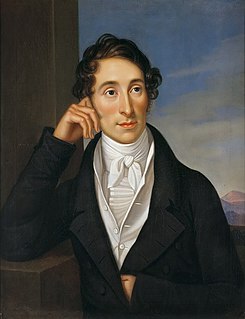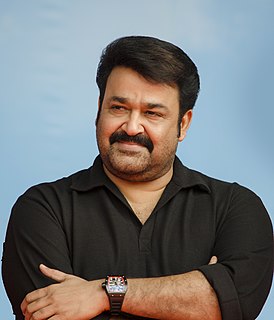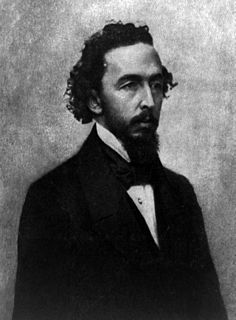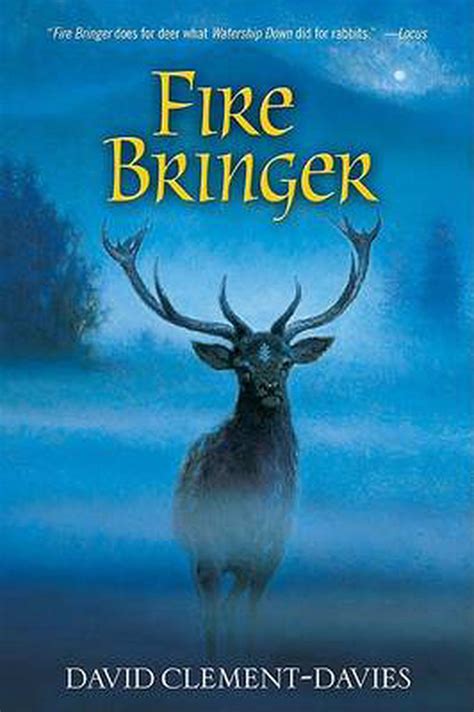A Quote by Carl Maria von Weber
No fate holds more splendour for an artist, than the one which greets his effort with such enthousiasm!
Related Quotes
There is no tongue to speak his eulogy;
Too brightly burned his splendour for our eyes:
Far easier to condemn his injurers,
Than for the tongue to reach his smallest worth.
He to the realms of sinfulness came down,
To teach mankind; ascending then to God,
Heaven unbarred to him her lofty gates,
To whom his country hers refused to ope.
Ungrateful land, to its own injury
Nurse of his fate! Well too does this instruct,
That greatest ills fall to the perfectest.
And 'midst a thousand proofs, let this suffice,
That, as his exile had no parallel,
So never was there man more great than he.
We tend to have so many more close shots, which compels an artist to actually put in more effort than it is required otherwise. So, it is the expressions on the face, and how an actor presents his or her character, that really makes a scene. In such ways, Mollywood is a fabulous training ground for actors and actresses from other industries.
The source of each accordant strain
Lies deeper than the Poet's brain.
First from the people's heart must spring
The passions which he learns to sing;
They are the wind, the harp is he,
To voice their fitful melody,--
The language of their varying fate,
Their pride, grief, love, ambition, hate,--
The talisman which holds inwrought
The touchstone of the listener's thought;
That penetrates each vain disguise,
And brings his secret to his eyes.
Ecology's implications for capitalism are too momentous for the capitalist to contemplate. The plutocrats are more wedded to their wealth than to the Earth upon which they live, more concerned with the fate of their fortunes than with the fate of humanity. The present ecological crisis has been created by the few at the expense of the many.
He who asks fortune-tellers the future unwittingly forfeits an inner intimation of coming events that is a thousand times more exact than anything they may say. He is impelled by inertia, rather than curiosity, and nothing is more unlike the submissive apathy with which he hears his fate revealed than the alert dexterity with which the man of courage lays hands on the future.
What makes a free thinker is not his beliefs, but the way in which he holds them. If he holds them because his elders told him they were true when he was young, or if he holds them because if he did not he would be unhappy, his thought is not free; but if he holds them because, after careful thought, he finds a balance in their favor, then his thought is free, however odd his conclusions may seem.
The Greek idea of fate is moira, which means "portion." Fate rules a portion of your life. But there is more to life than just fate. There is also genetics, environment, economics, and so on. So it's not all written in the book before you get here, such that you don't have to do anything. That's fatalism.
I said earlier that I do not believe an artist's life throws much light upon his works. I do believe, however, that, more often than most people realize, his works may throw light upon his life. An artist with certain imaginative ideas in his head may then involve himself in relationships which are congenial to them.
The way in which a man accepts his fate and all the suffering it entails, the way in which he takes up his cross, gives him ample opportunity — even under the most difficult circumstances — to add a deeper meaning to his life. It may remain brave, dignified and unselfish. Or in the bitter fight for self preservation he may forget his human dignity and become no more than an animal
The wonder of an artist's performance grows with the range of his penetration, with the instinctive sympathy that makes him, in his mortal isolation, considerate of other men's fate and a great diviner of their secret, so that his work speaks to them kindly, with a deeper assurance than they could have spoken with to themselves.







































